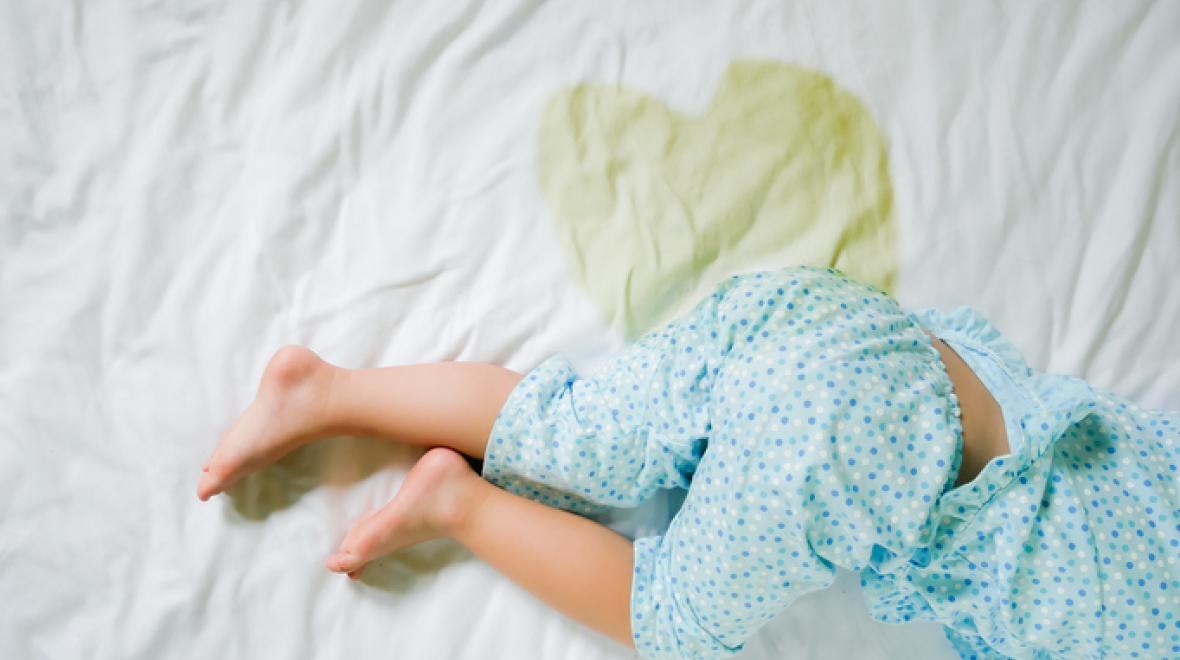
In her recurring column, author and sleep research guru Malia Jacobson answers reader questions about that most important of parenting tools: a good night's sleep. In this edition, what to do about toys in bed and summer camp accidents.
My preschooler likes taking toys to bed: small cars, Lego and animal figures. The toys distract him from sleeping, and they seem hard and uncomfortable. Any advice?
Your tot is showing a completely normal desire for more autonomy and control over his bedtime routine and environment, and that’s perfectly OK.
What can be a problem: sleeping with an object that could at best make sleep uncomfortable, and at worst become a choking hazard. For that reason, it’s smart to designate the bedroom as an area free from toys that aren’t sleep-friendly, like building bricks, small cars, and other play figures.
Storing those toys outside the bedroom helps make your child’s sleep area a calming space for winding down; it also helps prevent bedtime tantrums that can result from your child getting wrapped up in his toys when it’s time for lights-out.
Create a pre-bedtime ritual of saying goodnight to these toys in the family room or playroom before he begins winding down for sleep; stash only sleep-friendly toys, like plush figures and dolls, in the bedroom. Help him choose a soft, cuddly, sleep-safe version of a favorite plaything, like a stuffed animal or a plush car, that he can take to bed.
Finally, head off power struggles by giving him the autonomy he desires — encouraging him to choose his own pajamas and bedtime stories can help him feel more at peace with his sleep environment, and less likely to fight your guidelines about toys in bed.
My 8-year-old wets the bed occasionally, and we just signed her up for sleepaway camp this summer. She’s worried; what can we do?
She’s not alone: An estimated 5 million children in the U.S. wet the bed.
If your child is anxious about the possibility of an accident and mortified at the thought of packing disposable training pants, talk to her pediatrician. A doctor may suggest a short-term prescription medication that can temporarily slow nighttime urine production, providing a fix for camps and other circumstances that make bedwetting especially embarrassing.
Avoid scolding your child about bedwetting or placing too much emphasis on the topic before camp, as this can create added anxiety.
Finally, discreetly alert your child’s camp counselor to the issue; it won’t be the first time the camp has dealt with wetting, and camp staff may have ideas to set your mind at ease.











